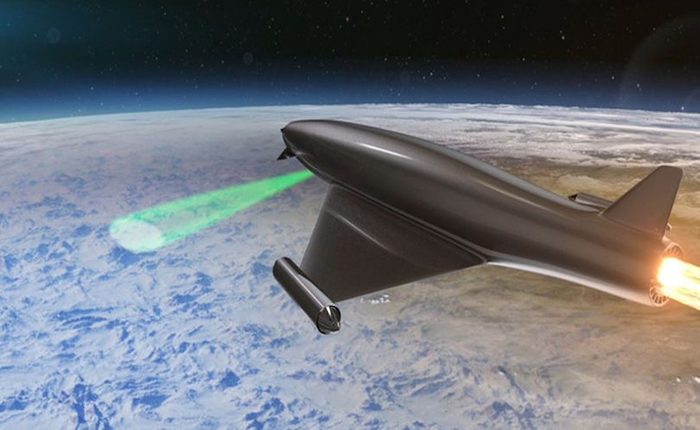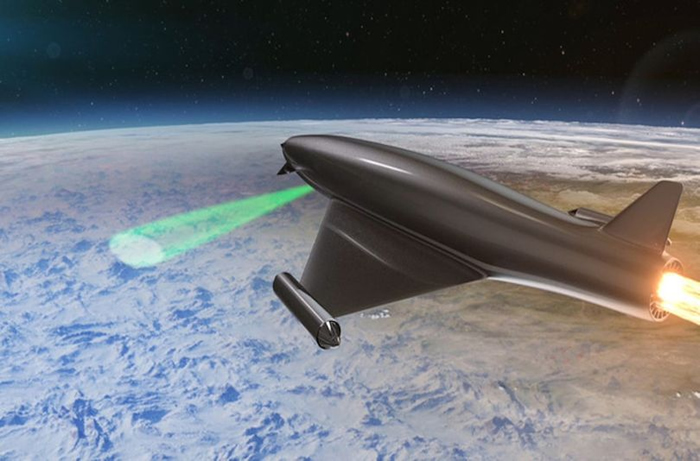BAE Systems has said it will develop a laser-powered mirage-maker for the military within 50 years.
The system, Laser Developed Atmospheric Lens (LDAL), would work by using a ‘high pulsed laser system’ to ionize a specific area of the atmosphere, and use that area to manipulate levels of refraction, reflection or diffraction. Essentially, BAE wants to hand the British military – or anyone that will pay the price and pass regulations – the ability to turn the sky into a powerful lens for spying on enemies, a mirage to deflect them, or a giant invisible shield.
The claims are based on “known science” and not fantasy, according to BAE. LDAL will replicate the Kerr effect, an optical phenomena that manipulates refraction when electrical fields are applied. The effect replicates the natural phenomena of a mirage, created when hot air rises and refracts light; and the Earth’s ionosphere, a part of the atmosphere that is ionized by solar radiation and can reflect radio waves.
BAE, which has in the past patented an ‘invisibility cloak’ and ‘liquid’ body armour, developed the tech at its Warton aircraft facility in Lancashire, and the science has been looked at by the Science and Technology Facilities Council (STFC) Rutherford Appleton Laboratory and optical sensors firm LumOptica. It claims the tech will “temporarily and reversibly […] change the Earth’s atmosphere into lens-like structures to magnify or change the path of electromagnetic waves such as light and radio signals”.
“Working with some of the best scientific minds in the UK, we’re able to incorporate emerging and disruptive technologies and evolve the landscape of potential military technologies in ways that, five or ten years ago, many would never have dreamed possible,” said BAE’s staff futurist, professor Nick Colosimo.
BAU Systems suggests the tech will be a much-needed defence system against the “high power laser weapons that could also become a reality in the same time period.” If military contractors could only stop dreaming this kind of apocalyptic future up, maybe we would not need it.
More information: WIRED



Comments are closed, but trackbacks and pingbacks are open.